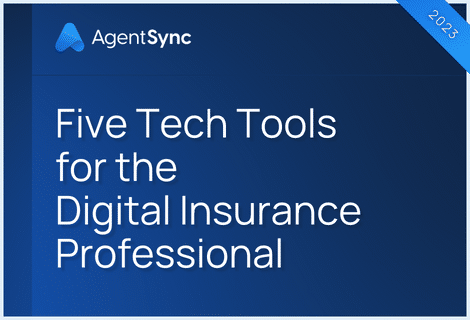

Your continuing education (CE) in Connecticut is essential to maintaining your license and, for residents of Connecticut who are licensed in other states, you have to be current on your Connecticut CE to keep your out-of-state licenses in force. Therefore, your CE is foundational.
CE is due in Connecticut 60 days before your license renewal date, so staying on top of the CE requirements that pertain to your license should be top-of-mind. Before you read on, keep in mind that the information presented here is not a substitute for you doing your own due diligence and being sure to comply with all specific laws, regulations, and requirements that pertain to you and your situation.
What is the due date for Connecticut Insurance CE Credits?
Connecticut’s requirements for CE state that all continuing education courses must be completed and turned in by the end of the renewal period, which is the end of your birth month. The CE period is biennial – meaning every two years – based on the year you first obtained a Connecticut insurance license. Connecticut also stresses that you should have CE completed within 60 days before the end of the period.
The state will send you a renewal notice via email (making it extra-important to keep your basic information with the state up to date!) 90 days prior to the end of the biennial renewal period.
Here’s a quick example: Greg got his insurance license on Feb. 1 of 2023; his birthday is April 17. So, in 2025, Greg will need to complete his continuing education by March 1 and renew his license by April 30.
Who’s exempt from Connecticut Insurance CE?
If you’re a nonresident producer who has insurance licenses in Connecticut, you can skip out on Connecticut’s general CE requirements (as long as you’re in good standing in your own state).
Connecticut insurance law also stipulates that, if you’re a resident producer with limited lines of authority – your only line is credit insurance (credit life, credit accident and health, mortgage guaranty) or travel accident and travel baggage insurance – you’re exempt from 24 hours of CE.
How many hours of CE are required for Connecticut insurance producers?
In Connecticut, you’re required to complete 24 hours of CE every biennial renewal period. At least 3 credit hours must be in ethics, and you must complete at least 6 hours specific to each line of authority you hold. Additionally, state regulation stipulates that 6 hours must be used specific on CE for the line of authority you held at the beginning of the renewal cycle – you can’t drop a line of authority mid-term in the hope that you can forgo the associated CE.
You can’t take the same CE course more than once in a 2-year period, and Connecticut doesn’t allow you to carry any credits over from period to period. However, if you’re an instructor, you can qualify for the same number of hours as the producers in the class you teach (if you’re teaching a 3-hour course, you will be able to count it once for 3 hours for your CE).
The NAIC Continuing Education Reciprocity agreement involves most states, including Connecticut. Essentially, it means Connecticut producers can take many courses from member states in-person or online and they will be held for credit by the state of Connecticut.
In Connecticut, as in most states, you can earn dual-credit CE while pursuing various professional designations such as those provided by the College for Financial Planning. Connecticut’s producer licensing and continuing education is managed by a private vendor, Pearson Vue, so it’s always a good idea to double-check your requirements with their procedures.
Connecticut allows you to take a variety of courses in a variety of ways, including correspondence courses, company seminars, in a traditional classroom, online, or via a CD course or other computer-based training.
The state has a few other specific requirements for various lines of insurance:
If you’re a property, casualty, or personal lines producer, you must complete a one-time three-hour course to sell flood insurance, part of the CE training requirements established by the Federal Emergency Management Agency’s National Flood Insurance Program.
If you’re planning to sell annuities, you will need to take a one-time 4-hour class (the state considers you to have fulfilled this requirement if you’ve already taken a similar class in another state). This is required to comply with Connecticut’s annuity suitability regulations.
In keeping with the best practice standards set by the National Association of Insurance Commissioners for those selling long-term care insurance, Connecticut provides that “individuals who complete the one-time, seven-hour training program sponsored by the Connecticut Partnership Long-Term Care Program will earn eight hours of continuing education credit that may be applied to the overall CE requirement.”
For more information about state-specific licensing requirements, or to find out how AgentSync can make it easier to operate across multiple states, check out our state pages.
Connecticut Insurance CE FAQs
How do I renew my expired Connecticut insurance license?
You have 90 days before the renewal deadline in which you must renew online via the National Insurance Producer Registry. If you miss renewing your license by the end of your biennial birthday month, your license will immediately be considered terminated by the state, along with all your Connecticut appointments.
In the first year after the expiration date, you can still renew your license by completing your CE requirement and paying a late fee in addition to standard renewal fees.

